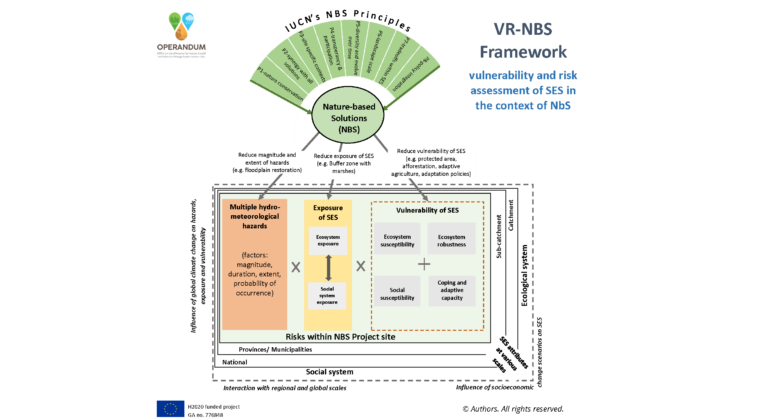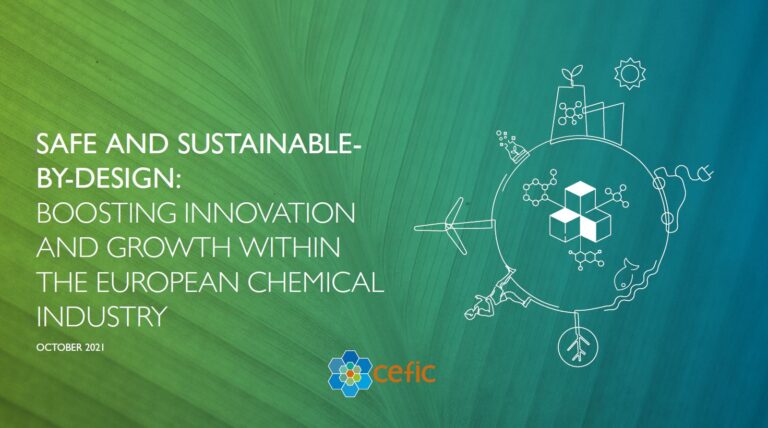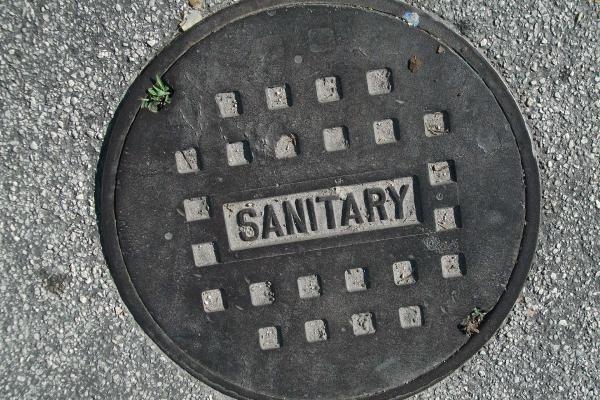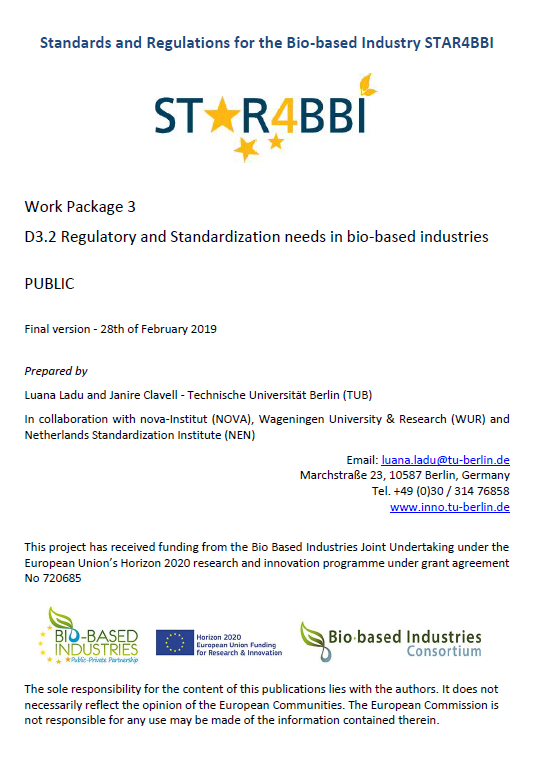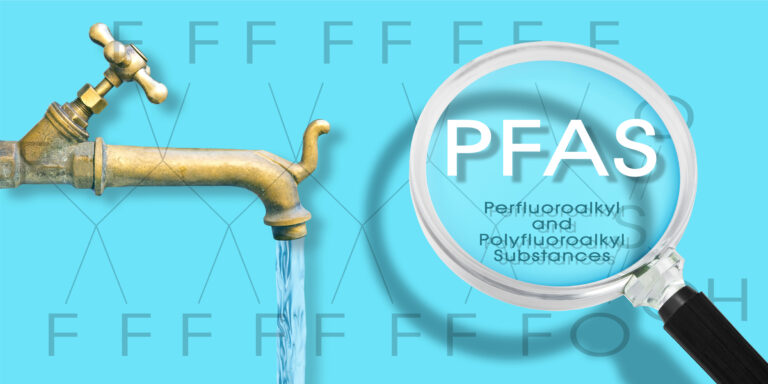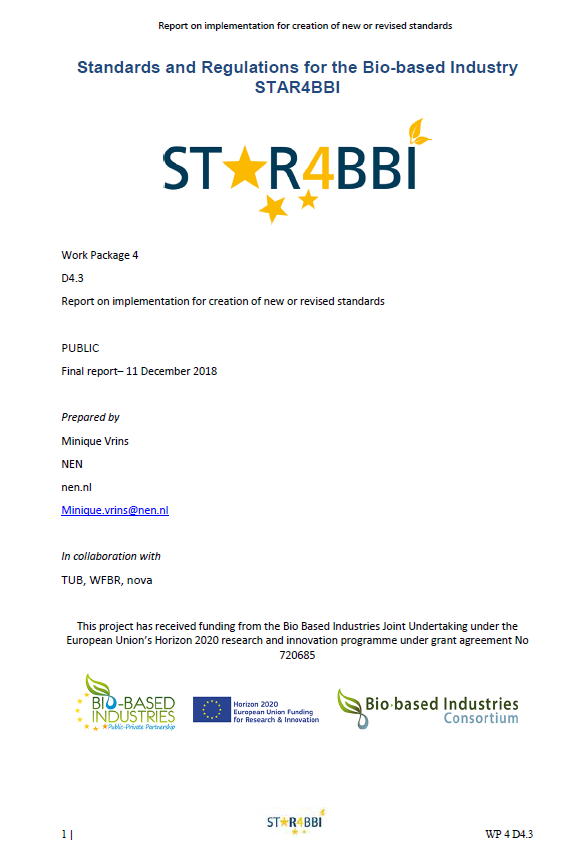Add to favorites:
Share:
Expected Outcome
In line with the chemical strategy for sustainability and the revision of the Industrial Emissions Directive, successful proposals will support the deployment of safe and sustainable by design bio-based industries and products, contributing to the de-fossilization and to the climate neutrality of EU industrial systems in a sustainable way.
Project results are expected to contribute to all of the following expected outcomes:
- stakeholders of bio-based value chains, including in public procurement, researcher centres, industries, public administrations, final consumers, etc., gain awareness on the releases of hazardous substances, emerging pollutants and substances which are persistent and liable to bio-accumulate in ecosystems from bio-based industrial processes and from bio-based products;
- bio-based industries operators and customers improve their knowledge and use of safe and sustainable bio-based alternatives replacing hazardous substances, to achieve healthier air, water and soil.
Scope
Preventing hazardous emissions at source is key to reach the 2030 pollution reduction targets, including substances of concern, very high concern and emerging pollutants (e.g., PFAS and endocrine disrupting chemicals) as defined in relevant pieces of legislation (e.g., REACH, ESPR, Batteries regulation). Bio-based innovative solutions, also in line with the recent initiative on biotechnology and biomanufacturing and the industrial carbon management strategy, should be designed to provide the solutions to replace hazardous substances in industrial assets and in final products and materials. Bio-based materials and products within the scope of this topic do not include food/feed, biofuels and bioenergy.
The proposals should:
- track presence of substances of very high concern and of concern, emerging pollutants and substances which are persistent and liable to bio-accumulate in ecosystems emitted from a selection of bio-based materials and products. This includes substances released in all the life phases of bio-based materials and products, during their use and their end-of-life. Evaluate the exposure of targeted end users to the substances, including integrating the gender dimension (sex and gender analysis) and vulnerable groups;
- include a task for the project to perform a full risk assessment of the substances emitted from the selected bio-based materials and products, also assessing the impacts on affected ecosystems and the risk for biodiversity loss;
- track presence of substances of very high concern and of concern, emerging pollutants and substances which are persistent and liable to bio-accumulate in ecosystems, emitted from a selection of industrial bio-based systems;
- include a task for the project to identify and improve a set of bio-based safe and sustainable by design (Commission Recommendation (EU) 2022/25) and circular solutions, to replace hazardous substances and to increase the resources efficiency, both at the level of industrial processes and in final materials and products selected under the first and the third bullet points of this scope. The number of bio-based solutions provided is not pre-defined. The task should include the assessment of the reduction of substances of concern and emerging pollutants, derived from the substitution;
- describe the collection of recommendations and best practices to replace substances of concern with safe and sustainable by design bio-based alternatives.
Proposals should include a task dedicated to sharing methodologies and findings with all projects funded within this topic. Moreover, the projects should collect and analyse the outcomes from past and ongoing projects under EU programmes, including the Circular Bio-based Europe Joint Undertaking, addressing the challenges in the scope of this topic.
For depollution to achieve zero pollution in large industrial installations, please refer to the Innovation Centre for Industrial Transformation and Emissions (INCITE) (https://innovation-centre-for-industrial-transformation.ec.europa.eu/).
Citizen Science is encouraged as a research approach for this topic. Citizen science activities should be conducted with the guidance and in close co-operation with researchers. This topic requires the effective contribution of SSH disciplines, including citizen social science and gender studies, especially in the task on risk assessment.
Multi-actor approach and international cooperation are encouraged.
Partner Requests
Explore Real Collaboration Opportunities
🔍 As a logged-in member, you now have exclusive access to all active Partner Requests for this Funding Call.
See who’s looking for collaborators, explore exciting project ideas, and discover how others are planning to make an impact.
💡 Use these insights to get inspired—or take the next step and start a request of your own (3 entries for free).
Log in or registrate here for free.
You must be logged in to submit or manage a partner request.
Ask our experts about this call
Connect with the Listing Owner!
💬 Please log in now to send a direct message to our experts and ask your questions. Not a member yet? Sign up for free and start connecting today!
Related Funding and Finance Opportunities
Unlock Exclusive Funding Opportunities!
🔑 Get instant access to tailored funding opportunities that perfectly match your needs. This powerful feature is exclusively available to our premium members—helping you save time, stay ahead of the competition, and secure the right funding faster.
Upgrade to Premium now and never miss an important opportunity again! Already a premium member? Log in here to explore your matches.
Related Innovation Offers
Related Knowledgebase Resources
Discover More with Premium: Related Knowledge Resources
🔒 You’re missing out on expert-curated knowledge specifically matched to this topic. As a Premium member, you gain exclusive access to in-depth articles, guides, and insights that help you make smarter decisions, faster.
Whether you’re preparing a funding proposal, researching a new market, or just need reliable information—our Premium knowledge matches save you hours of research and point you directly to what matters.
Upgrade to Premium now and instantly unlock relevant knowledge tailored to your needs! Already a member? Log in here to view your personalized content.
Access Restricted
This funding opportunity is only fully available to premium members.





























